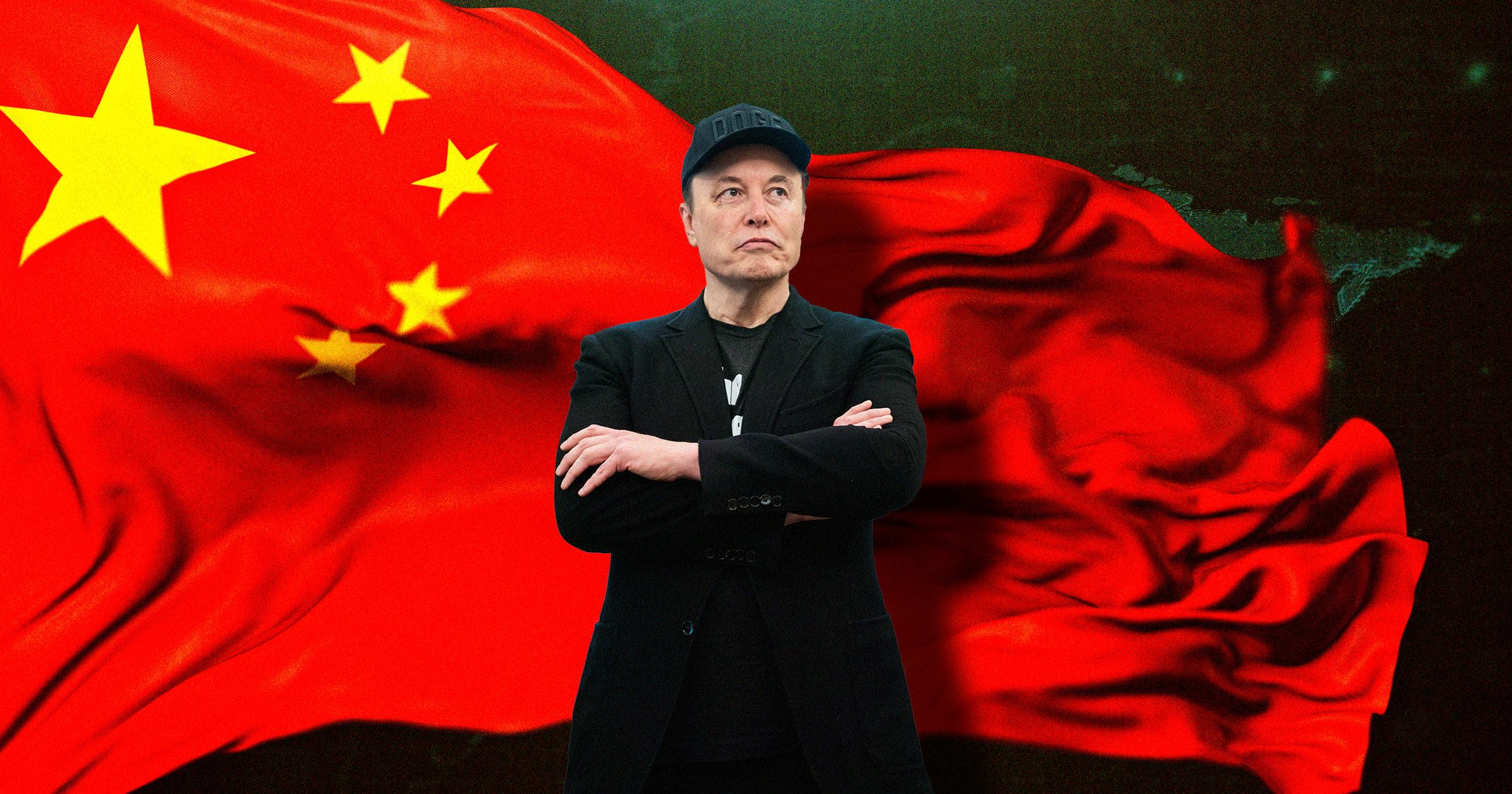New testimony has emerged indicating that SpaceX, the aerospace company founded by Elon Musk, has accepted direct investment from Chinese investors. This revelation raises significant concerns, given SpaceX’s pivotal role as a contractor for the United States military. According to a report by ProPublica, Iqbaljit Kahlon, a major investor in SpaceX, confirmed during a deposition in February 2024 that there are indeed Chinese investors listed as shareholders.
Kahlon’s remarks highlight a complex relationship between SpaceX and one of the U.S.’s most notable international adversaries. The situation has prompted worries about potential foreign espionage risks linked to the financing of a firm closely tied to national security operations. Notably, SpaceX is known for its military contracts, including the launch of spy and weather satellites.
In a previous report from March 2024, ProPublica indicated that SpaceX facilitated Chinese investments, provided they were funneled through offshore entities like the Cayman Islands. This strategy appears aimed at circumventing scrutiny regarding the company’s financial connections to China. The same report noted that SpaceX abruptly canceled a $50 million deal with a Chinese firm after details of the agreement became public.
Following these disclosures, several Democratic lawmakers expressed their concerns in a letter to Pete Hegseth, the Secretary of Defense, and NASA. They emphasized the need for transparency, citing the sensitive nature of SpaceX’s work for both the Department of Defense and NASA. The letter stated, “The testimony… suggests that SpaceX may be reluctant to publicly disclose the full extent of Chinese investment into the company’s privately held ownership structure.”
The significance of the situation is underscored by SpaceX’s recent military contracts. The company has secured seven launch contracts from the U.S. Space Force and the National Reconnaissance Office this year alone, with a total value of approximately $845.8 million. In contrast, its competitor, the United Launch Alliance, received only two contracts during the same period.
Elon Musk’s personal stance towards China has been notably positive, particularly in relation to his electric vehicle company, Tesla. This relationship contrasts sharply with the current U.S. administration’s approach, which has been characterized by a strong opposition to Chinese influence, including the initiation of a trade war earlier this year.
The implications of these investments by Chinese entities into SpaceX could pose significant risks to U.S. military operations, a concern that is likely to fuel ongoing discussions in Washington, D.C. During a House subcommittee meeting in February, New Jersey Democrat LaMonica McIver criticized Musk, labeling him as China’s “top puppet.” McIver stated that if legislators were genuinely concerned about national security, they would hesitate to allow an unelected billionaire to control sensitive information.
As this situation develops, the intersection of business and national security continues to be a focal point, with SpaceX at the heart of the discourse. The potential for foreign interference in military operations remains a critical issue that demands further scrutiny and transparency.
